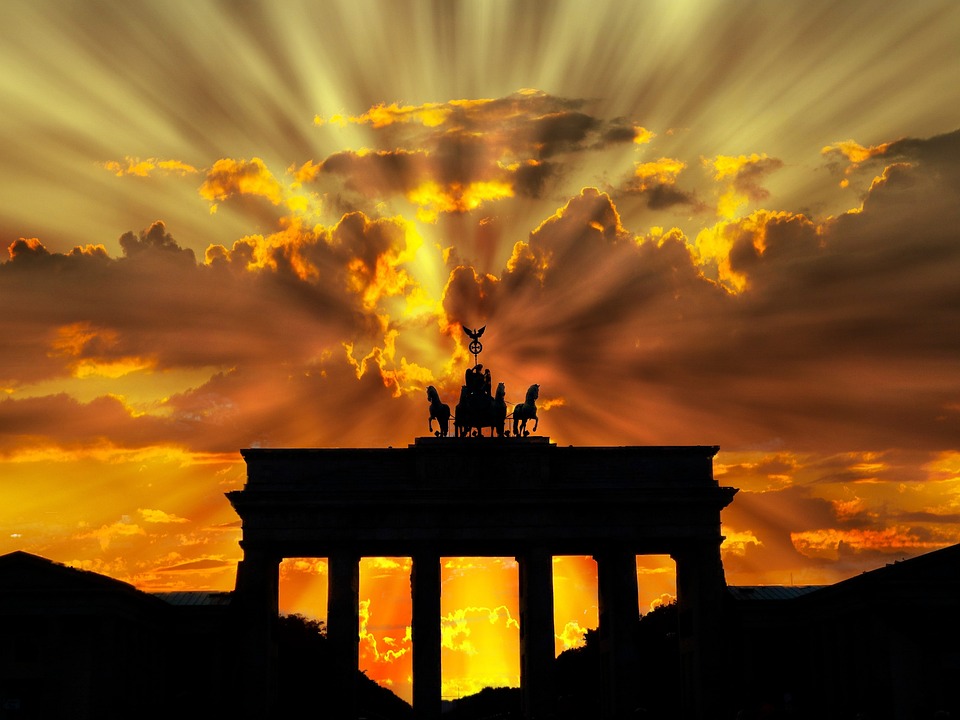Germany: A Significant Cultural Institution Hosting Opera
Germany is renowned for its rich cultural heritage, which includes a strong tradition of hosting opera. Opera has been a significant part of the German cultural landscape for centuries, and the country is home to some of the world’s most prestigious opera houses and festivals. In this article, we will explore the importance of opera in Germany and the impact it has had on the country’s cultural identity.
The Importance of Opera in Germany
Opera has long been considered a cornerstone of German culture, with a history that dates back to the 17th century. German composers such as Richard Wagner, Wolfgang Amadeus Mozart, and Ludwig van Beethoven have made significant contributions to the opera world, and their works continue to be prominently featured in German opera houses to this day.
German opera has also played a crucial role in shaping the country’s cultural identity and influencing the development of opera as an art form. The emphasis on high-quality production values, innovative staging, and the incorporation of diverse musical styles has cemented Germany’s reputation as a leading force in the world of opera.
Prestigious Opera Houses and Festivals
Germany is home to a myriad of world-renowned opera houses and festivals, each with its own unique history and artistic contributions. The Deutsche Oper Berlin, the Bavarian State Opera in Munich, and the Hamburg State Opera are just a few examples of the esteemed opera institutions that grace the German cultural landscape.
In addition to opera houses, Germany also hosts a number of prestigious opera festivals that draw international acclaim. The Bayreuth Festival, dedicated to the works of Richard Wagner, and the Dresden Music Festival are just a few examples of the vibrant and diverse opera scene in Germany.
Impact on Tourism and Economy
The cultural significance of opera in Germany extends beyond the artistic realm and has a tangible impact on the country’s tourism and economy. Opera tourism is a significant contributor to the German economy, with opera enthusiasts from around the world flocking to the country to attend performances and experience the rich cultural heritage.
Moreover, the hosting of opera events and festivals has a positive impact on local economies, stimulating job creation and generating revenue for businesses in the hospitality and tourism industries. The cultural and economic impact of opera in Germany cannot be overstated, and its influence reverberates throughout the country.
Conclusion
Opera is a significant cultural institution in Germany, with a rich history and a profound impact on the country’s cultural identity, economy, and tourism. The tradition of hosting opera in Germany is a testament to the enduring legacy of this art form and its ability to transcend geographical and cultural boundaries. As a leading force in the world of opera, Germany continues to play a vital role in shaping the future of this timeless art form.
FAQs
1. What are some of the most famous German opera composers?
Some of the most famous German opera composers include Richard Wagner, Wolfgang Amadeus Mozart, and Ludwig van Beethoven. Their works continue to be prominently featured in German opera houses and festivals.
2. What are some of the must-visit opera houses and festivals in Germany?
Some of the must-visit opera houses and festivals in Germany include the Deutsche Oper Berlin, the Bavarian State Opera in Munich, the Hamburg State Opera, the Bayreuth Festival, and the Dresden Music Festival. These institutions and events offer a unique and immersive opera experience that is not to be missed.







